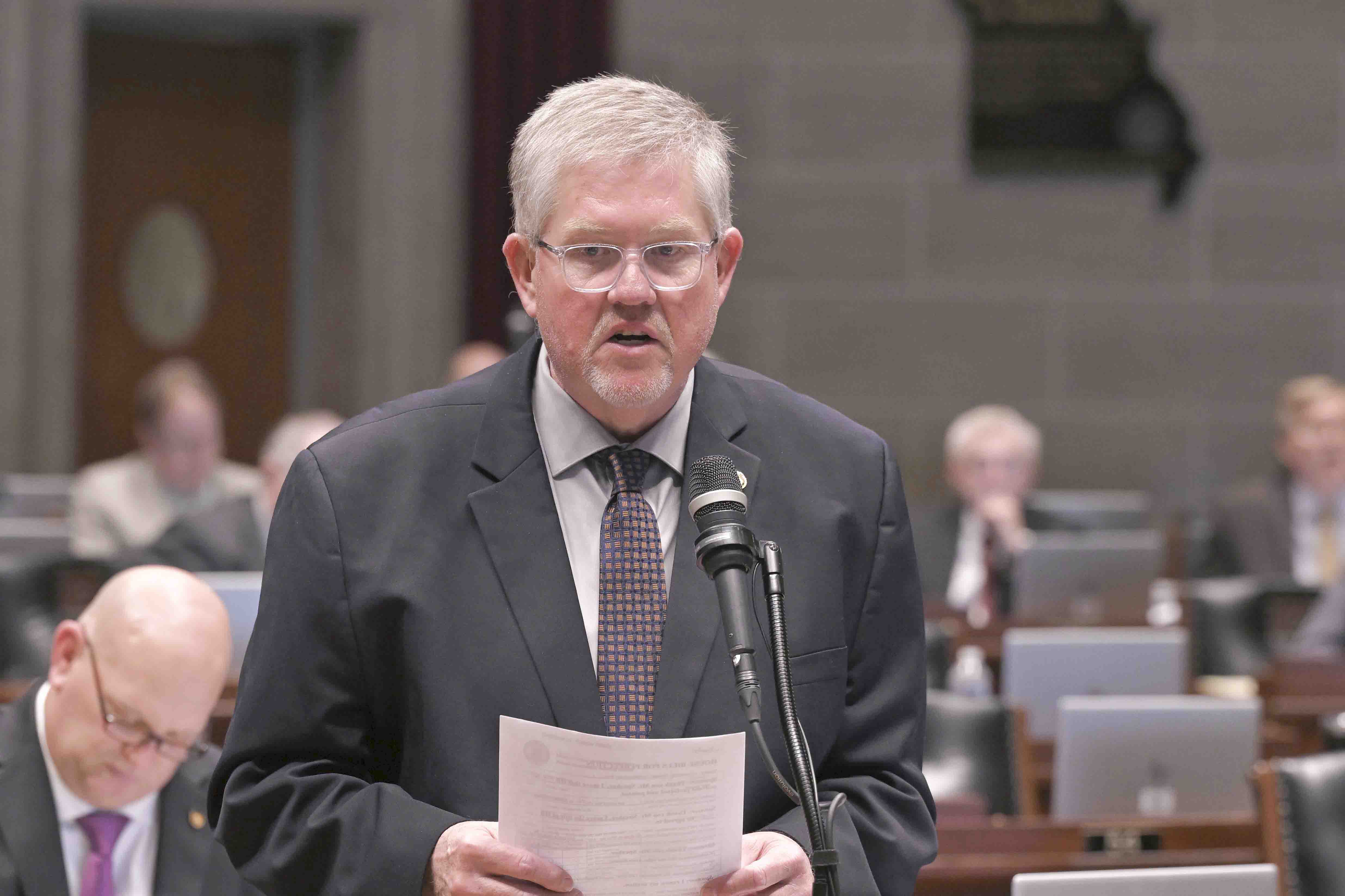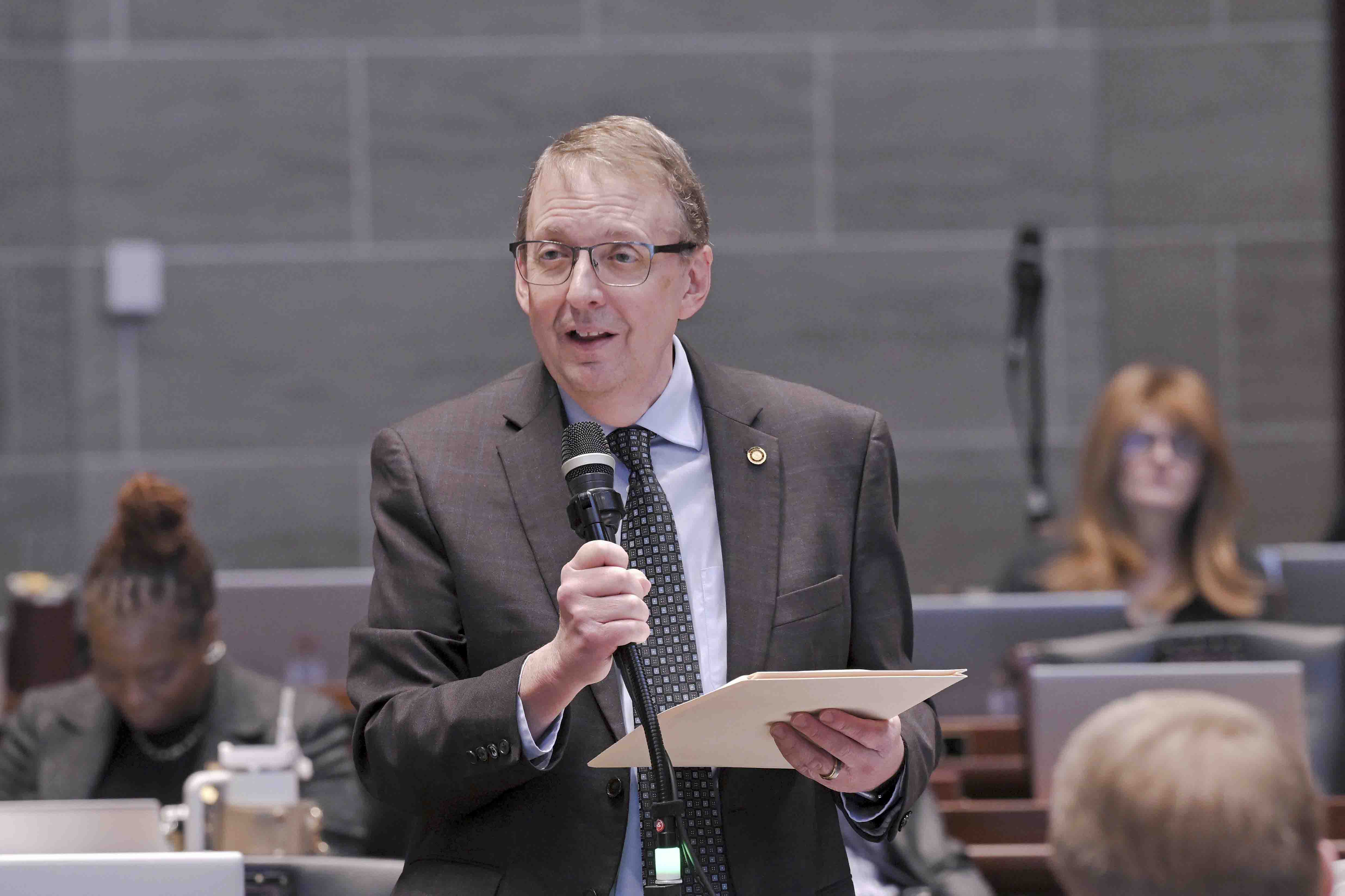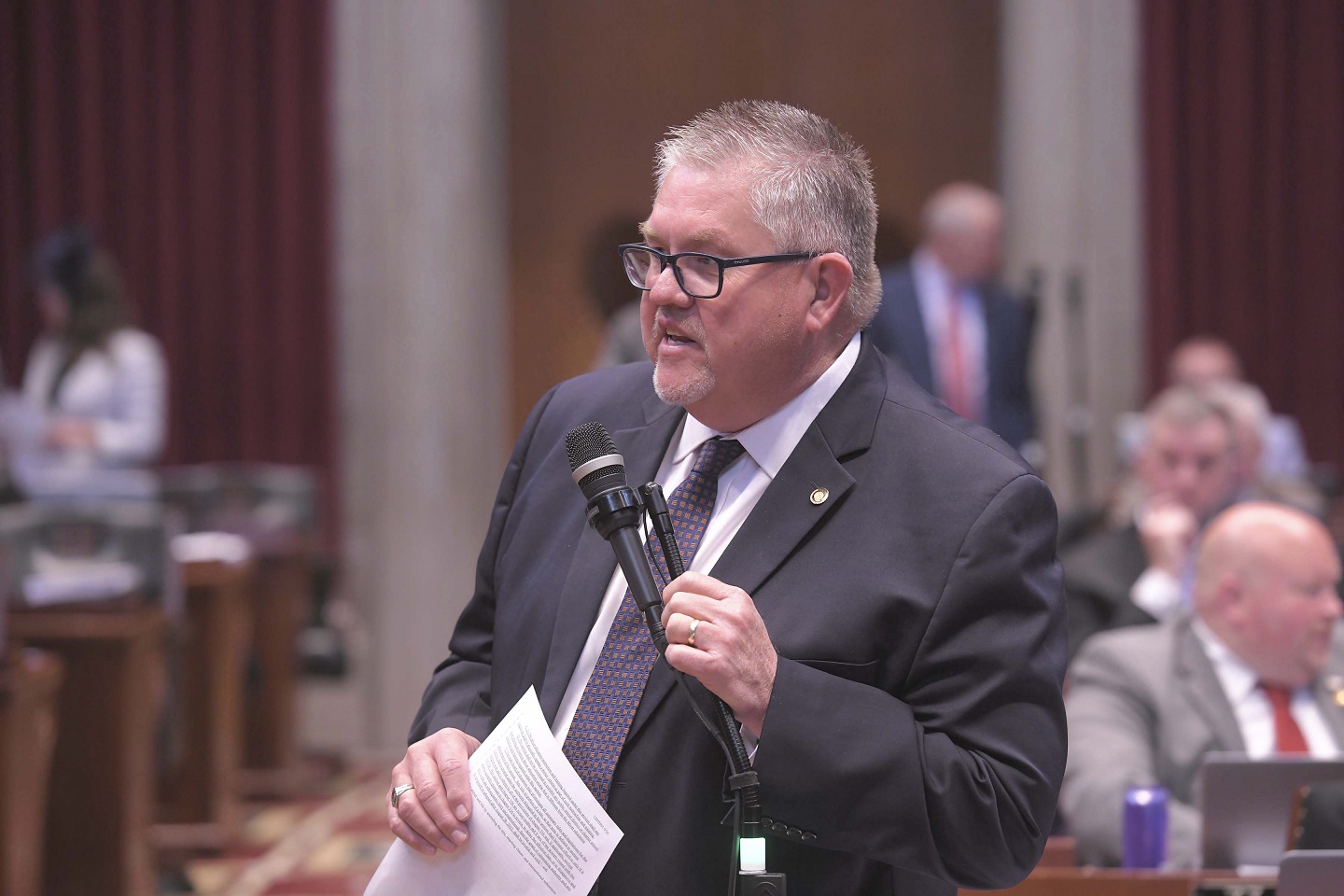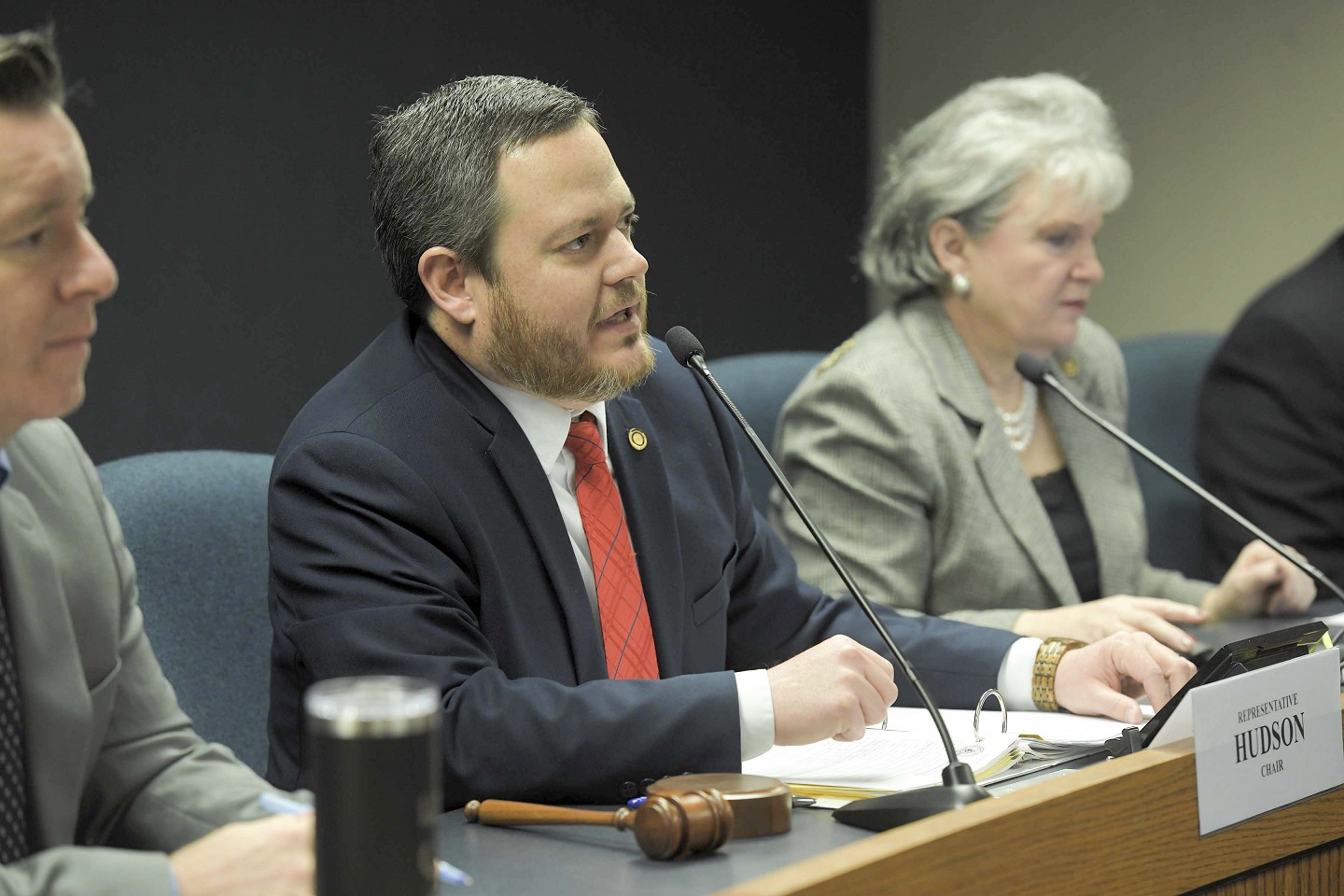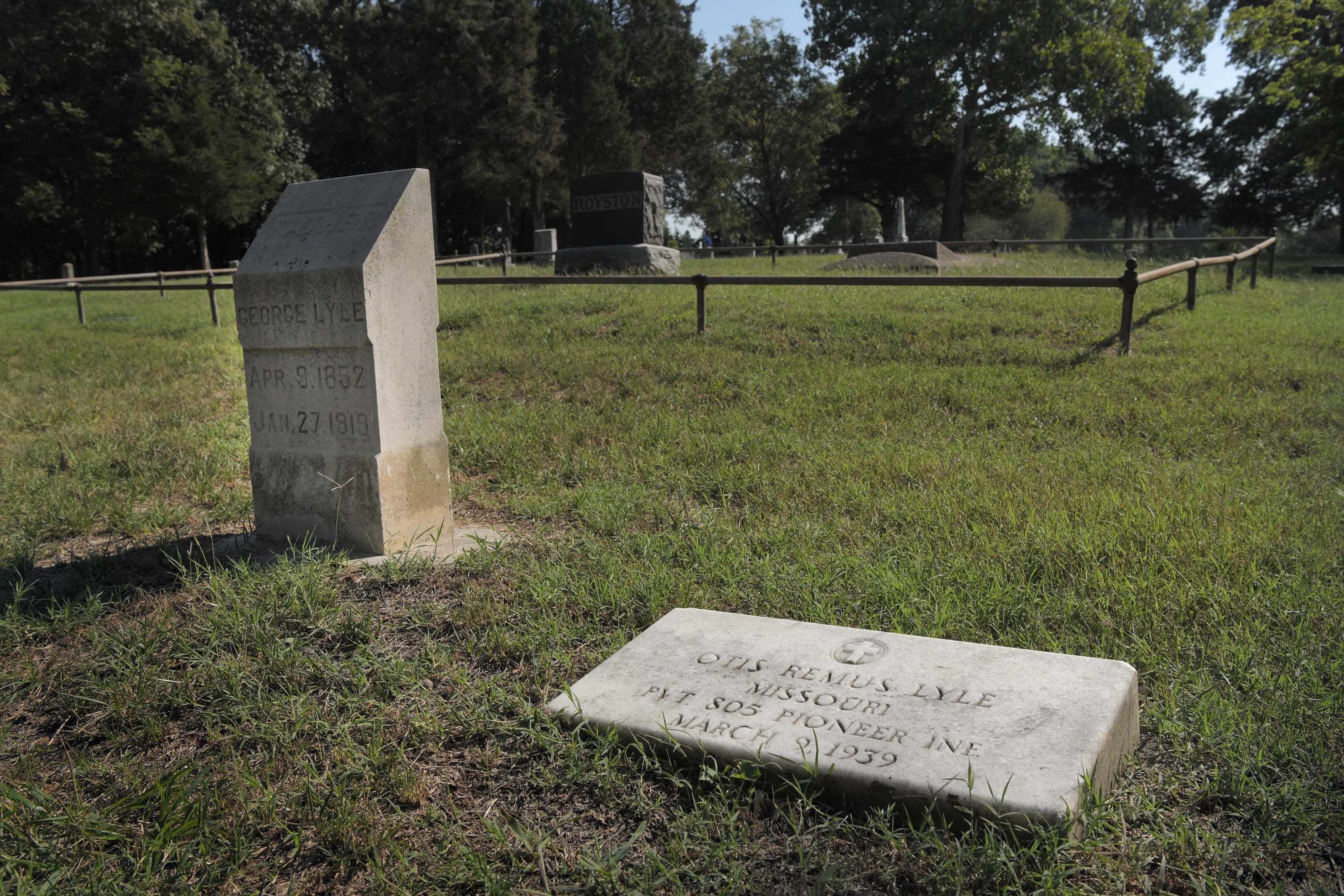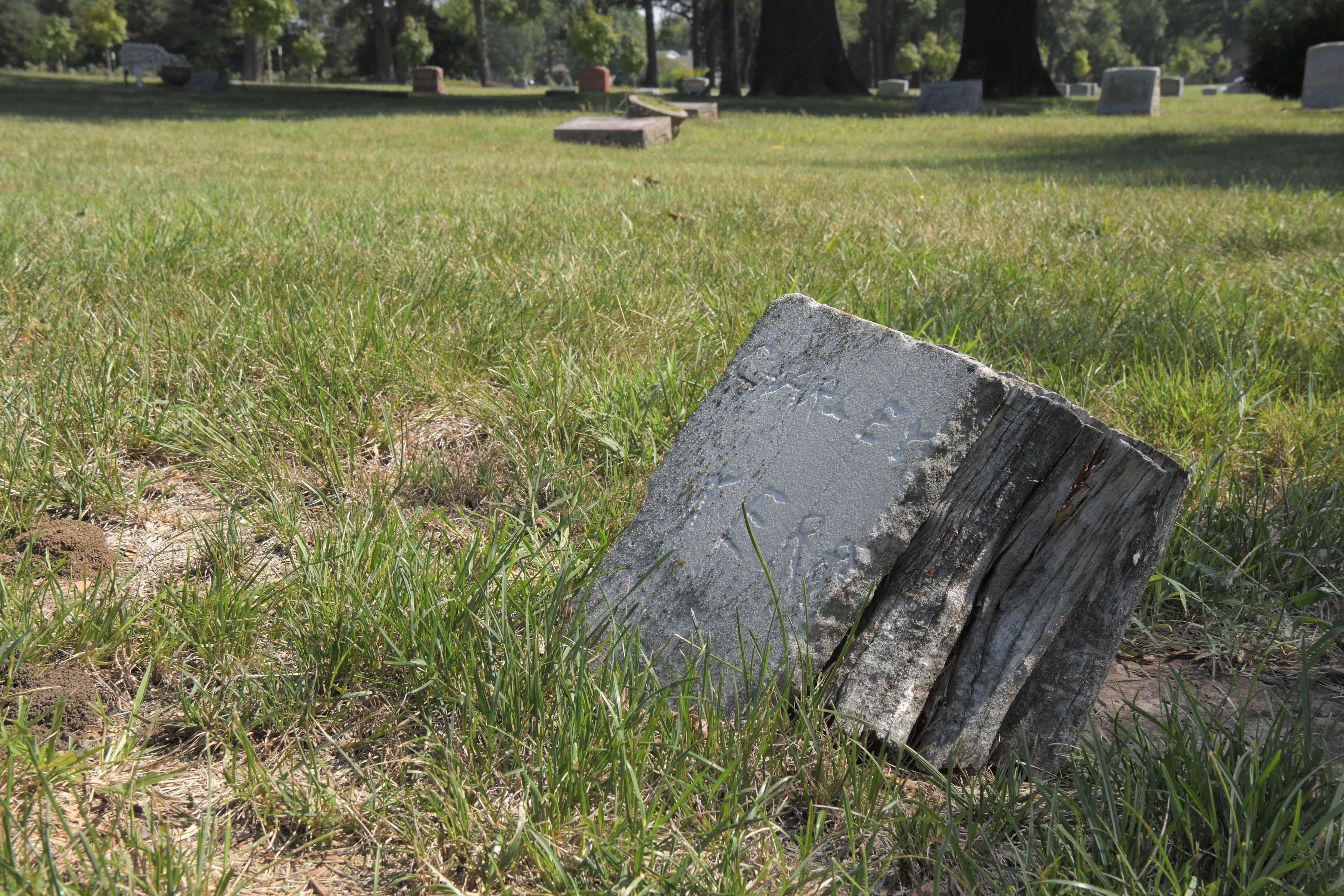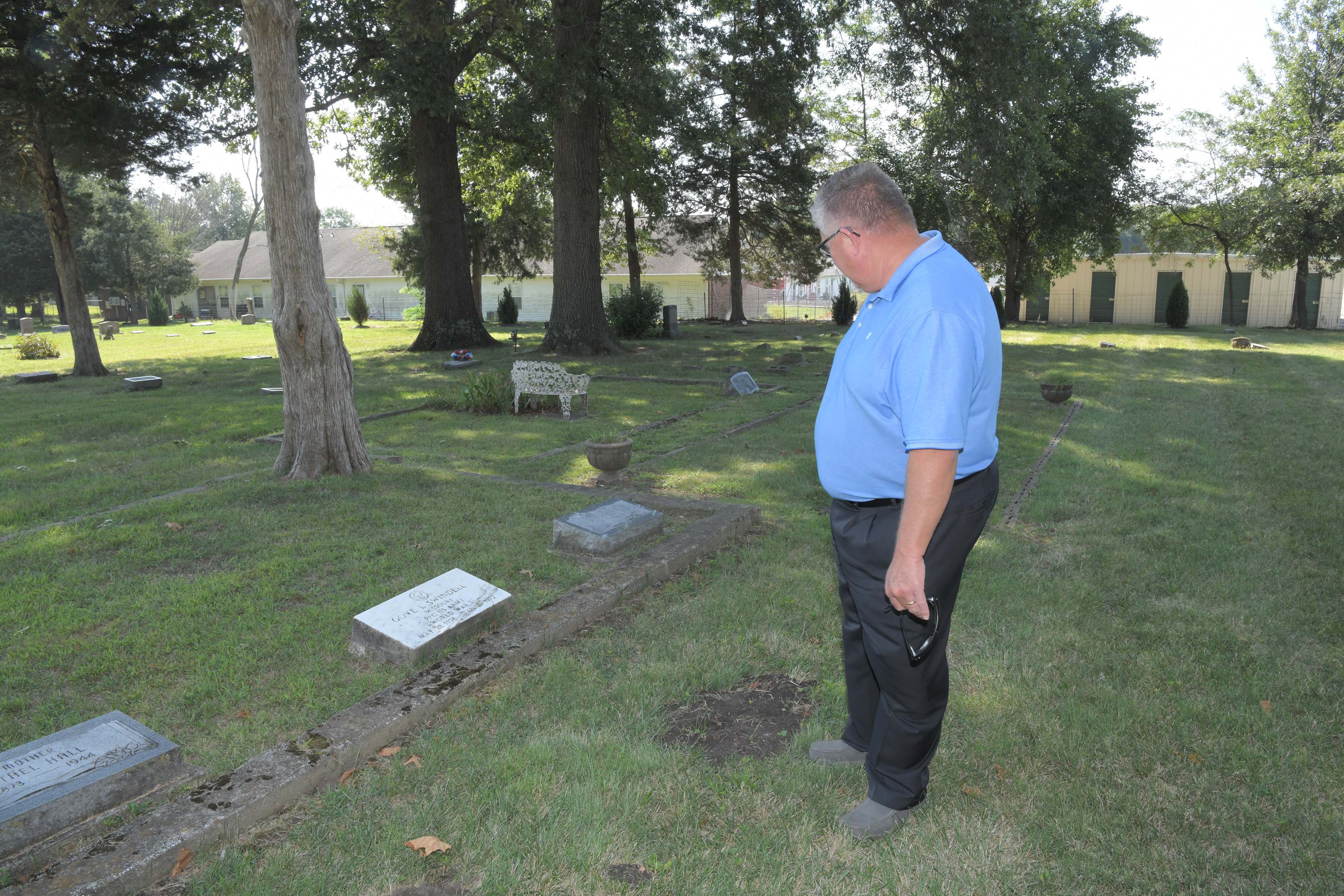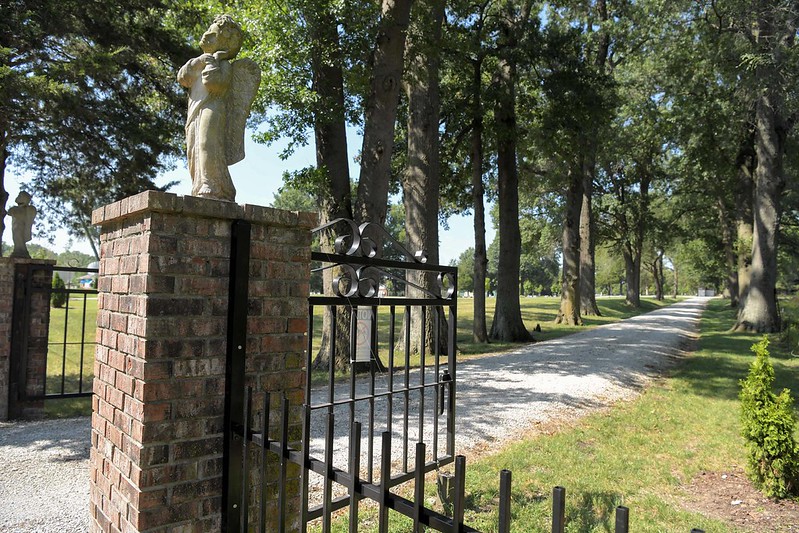The House voted unanimously this week to ensure that Missourians would not experience increases in the taxes they pay for vehicles ever again.
House Bill 816 is the latest attempt by representatives to block something that happened post-Covid from being repeated. During and after the pandemic supply lines for parts and vehicles were hindered, and the demand for, and value of, used vehicles was inflated. That meant Missourians’ property tax bills also increased.
“If you will remember, in 2021 and ’22, people saw the assessment values go up on their cars and when those assessments went up their taxes went up, and that was kind of caused by the market value of used cars,” recalls bill sponsor Rodger Reedy (R-Windsor).
He told his colleagues in the House Chamber, “Many of you in this room, if you go back and look at your tax bills from ’21, ’22, ’23, you are paying more money on the same car that was a year older, that had maybe 20 or 30 thousand more miles on it, and it was not right.”
Reedy said part of the problem is that state law requires assessors to use the October issue of the National Automobile Dealers Associations (NADA) Used Car Guide to determine the value of vehicles. Reedy and others have proposed for several years now that the law allow the State Tax Commission to select a publication from those available, for assessors to use that year.
“I don’t believe that we should be putting in statute that you have to do business with a certain company, and this corrects that … they may be one that bids on it and they may be the best bidder, but it gives the other companies the opportunity to do that as well,” said Reedy. “What they would do is do a bidding process with different companies to provide that information and then, basically, they would probably use the lowest and best bid, which in turn would save taxpayer dollars.”
Reedy’s proposal would also state that no vehicle can be assessed at a value greater than it had, the year prior.
Though the proposal has not reached the governor’s desk in past years, that has not been for lack of bipartisan support.
Lee’s Summit Representative Kemp Strickler (D) said the bill would be, “a great way to make sure that the issues that we saw during Covid don’t reoccur, where again, those used car values, those should be going down and the amount that people pay on those should be going down. We know that there was an artificial bubble back then. I think this does a really good job of addressing that and making sure the taxpayers aren’t on the hook if that happens ever again.”
Representative Del Taylor (D-St. Louis) called the tax increases during Covid an “anomaly” that should be prevented, “and basically he’s saying that no, the assessment cannot exceed what it was last year. Excellent idea.”
HB 816 receive no “no” votes in three House committees and the full Chamber, the latter of which voted 157-0 to send it to the Senate.
